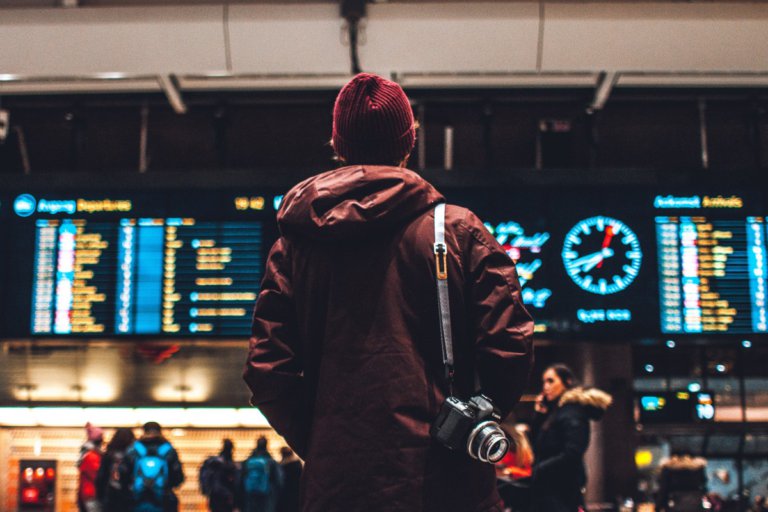
Getting a H-1B visa is harder than ever before.
Denial rates for the work visa, coveted by foreign-born workers and international students, are at a historic high, according to government data.
“Denial rates for H-1B petitions have increased significantly, rising from six percent in FY 2015 to 24 percent through the third quarter of FY 2019 for new H-1B petitions for initial employment,” according to a new National Foundation for American Policy (NFAP) analysis.
“To put this in perspective, between FY 2010 and FY 2015, the denial rate for ‘initial’ H-1B petitions never exceeded eight percent, while today the rate is three times higher.”
“Merit-based” immigration? “The Trump administration remains committed to making it more difficult for foreign-born scientists and engineers to work in America.” @ALT_uscis @m_clem @Richard_Florida @AILANational @nickgillespie @MaxBoot @gsiskind @CGDev https://t.co/Zas52OiFfw
— NFAPResearch (@NFAPResearch) October 28, 2019
The H-1B visa program allows US companies to temporarily employ foreign graduates in specialty occupations, such as those requiring highly specialised theoretical and practical application in fields such as science, engineering and information technology. Applicants must possess a bachelor’s degree or higher in their specialty or its equivalent.
The visa is valid for three years and renewable for another three years, thus clearing a path to citizenship, making it attractive to students intending to make a life for themselves in the United States after graduation.
Since US President Donald Trump signed the Buy American and Hire American Executive Order, there has been an unprecedented number of hurdles imposed on the popular work visa program, from increased scrutiny on petitions to higher rates of denial.
Despite the Trump administration’s crackdown, Quartz reported that interest in the H-1B visa was unusually high last year. Jobs listings site Indeed found that between September 2017 and September 2018, searches for US jobs, using terms like “work visa,” “H1B visa,” “H1-B visa,” “H2B visa,” “H2-B visa,” “immigration visa,” “immigrant visa” and “employment visa” increased by 673 percent. The vast majority of the searches come from outside the US, with one in five on average hailing from India last year.
“The surge in visa-related searches probably reflects the 2018 policy changes, which made acquiring a US work visa more complex,” the portal said.
Making it hard for foreign workers and international students to work in the US is against the nation’s long-term interests, recent research by Britta Glennon, Assistant Professor at the Wharton School of Business at the University of Pennsylvania, concluded. Many US companies shift their hiring overseas when they’re unable to hire highly-skilled foreign nationals in the US. These are the people who inspire innovation and greatly benefit their host country.
Liked this? Then you’ll love…
The US could cap H-1B work visas for Indians
What you should know about H-1B Premium Processing in the US







